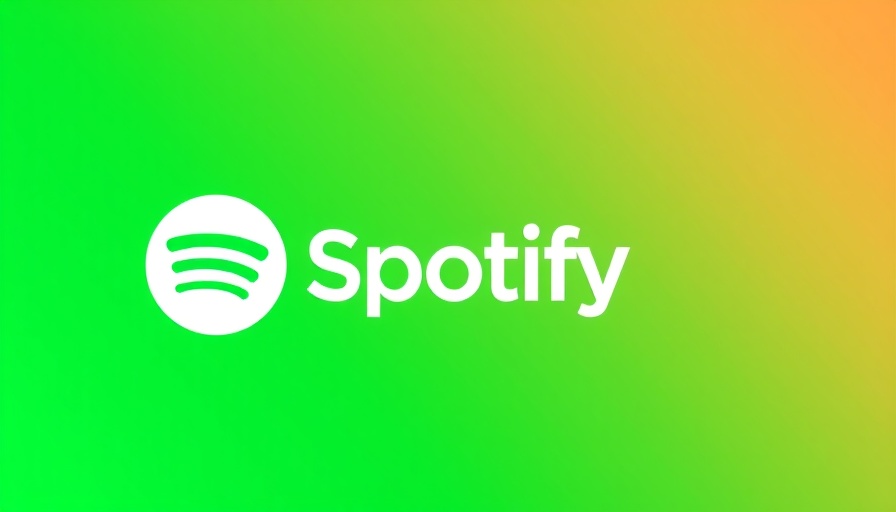
Could AI Songs Redefine the Music Landscape?
AI-generated music is rapidly becoming a defining trend in the music industry, raising intriguing questions about authenticity and artist representation. As evidenced by recent incidents surrounding Spotify’s release of songs attributed to dead artists, the matter is far from simple. While AI technology offers groundbreaking possibilities for creativity and music production, it also poses profound ethical dilemmas.
The Ethics of AI in Music Creation
There is a growing concern over the exploitation of deceased artists' legacies, as companies leverage AI to produce music mimicking their styles. In the case of Blake Foley, whose official Spotify page saw the release of a song called “Together” without approval from his estate, questions arise: What rights do the estates of these artists hold? And do they need to approve AI-generated works based on their creativity?
Responsibility of Streaming Platforms
As the purveyors of this content, streaming platforms like Spotify will need to establish clear guidelines regarding the use and distribution of AI-generated music. Failing to do so may not only undermine the integrity of their services but also violate the trust of their users. The swift removal of unauthorized tracks following an investigation reveals the potential backlash platforms face in the age of AI.
The Future of Music: Innovating or Imitating?
Looking ahead, it's crucial that the industry embraces innovation while fostering responsible practices. This includes ensuring that artists—both living and deceased—receive appropriate recognition and respect for their contributions. As AI continues to evolve, we must balance its benefits with the ethical considerations it demands.



Write A Comment